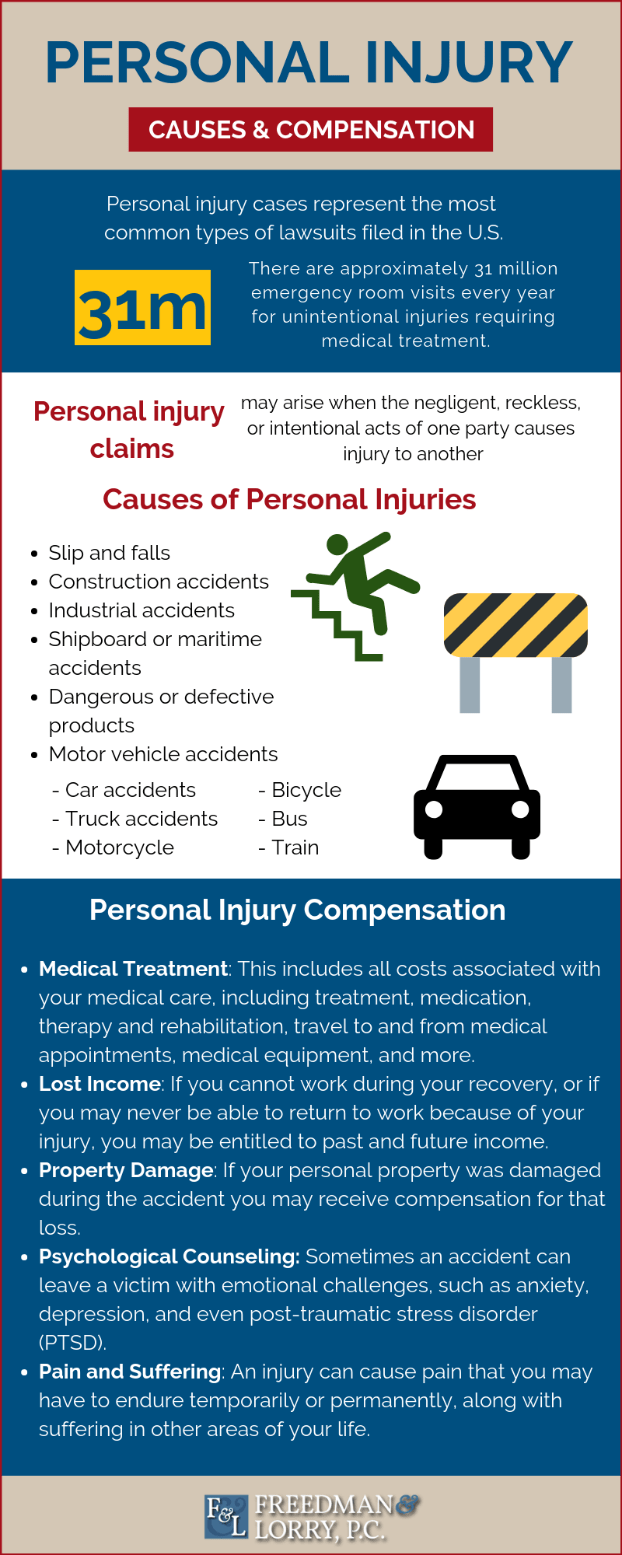The Property Attorney'S Manual On Landlord-Tenant Regulation
The Property Attorney'S Manual On Landlord-Tenant Regulation
Blog Article
Uploaded By-Lambertsen Bennetsen
When it concerns landlord-tenant legislation, knowing your legal rights and obligations is crucial for both events. https://postheaven.net/giuseppe34chang/the-value-of-hiring-a-real-estate-lawyer-protecting-your-financial-investment might think you have a strong understanding on the fundamentals, yet there are commonly nuances that can catch you unsuspecting. Whether you're a landlord managing a home or a lessee seeking a stable home, understanding the lawful landscape can make all the distinction. What might shock you are the complexities involved in browsing disagreements and eviction processes.
Comprehending Occupant Civil Liberties and Responsibilities
When you lease a building, it's critical to recognize your civil liberties and obligations as a renter. You deserve to a secure and habitable living setting, indicating your proprietor should maintain necessary services like home heating, plumbing, and electrical energy.
You're also entitled to privacy; property owners typically need to offer notice before entering your unit.
On the flip side, you are in charge of paying lease on schedule, maintaining the residential or commercial property clean, and not triggering damages past typical damage.
Familiarize yourself with your lease arrangement, as it details specific policies and responsibilities. Understanding these aspects not just secures you yet likewise cultivates a favorable partnership with your landlord.
Remain educated, and you'll navigate your occupancy better.
Secret Proprietor Commitments and Lawful Considerations
While you may know your civil liberties as a tenant, it's similarly important to understand your property manager's commitments.
Landlords should supply a safe and habitable living environment, making certain that crucial systems like home heating, pipes, and electrical power remain in working order. commercial vs residential real estate license for making necessary fixings promptly and sticking to regional building ordinance.
Additionally, property owners should respect your personal privacy by offering proper notice before entering your system, typically 24 hr. They must take care of security deposits according to state laws, including returning them without delay after you leave, minus any type of legal reductions.
Comprehending these commitments can help you keep a favorable relationship with your landlord and ensure your living circumstance fulfills legal requirements.
Browsing Disputes and Expulsion Processes
Disagreements between property owners and tenants can occur unexpectedly, making it critical for you to comprehend the procedures associated with settling them.
First, interaction is essential-- attempt to review problems straight to locate a concession. If that fails, acquaint on your own with your neighborhood laws regarding disagreements and expulsion. Record everything: maintain records of interactions, payments, and any type of infractions.
If expulsion ends up being necessary, ensure you comply with the lawful steps called for in your location, which commonly includes giving composed notification and a details duration for resolution.
Be prepared to go to court if the situation escalates, maybe your only recourse. Recognizing these processes will help you navigate disagreements more effectively and safeguard your legal rights as either a proprietor or renter.
Final thought
In recap, recognizing landlord-tenant law is vital for both celebrations involved in a rental arrangement. By understanding your legal rights and obligations, you can foster a far better living environment and avoid problems. If conflicts develop, remember that a realty legal representative can assist lead you via the intricacies of eviction processes and legal responsibilities. Remaining informed and proactive will make certain a smoother rental experience, whether you're a landlord or an occupant.
